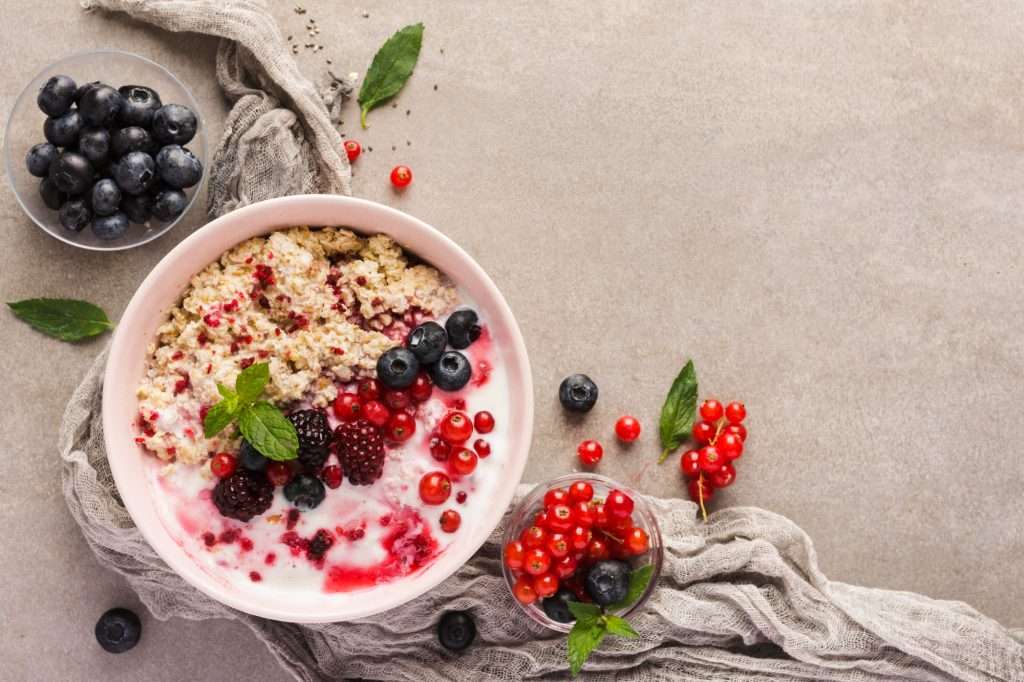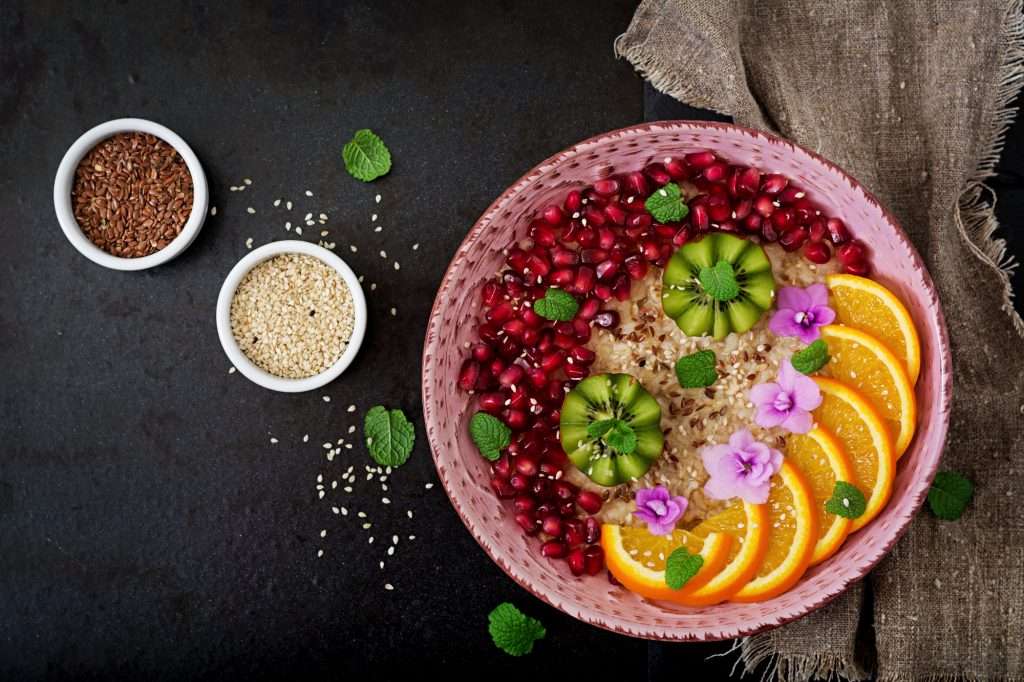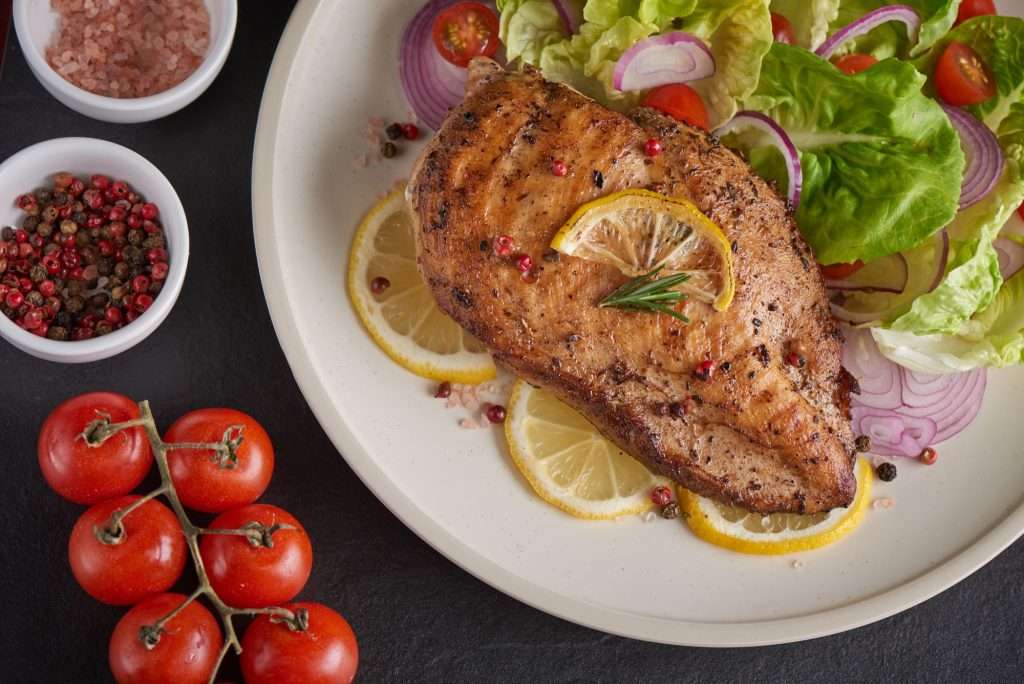When it comes to taking care of your heart, what you eat plays a huge role. Your heart is like the engine of your body. Eating healthy is important, as it saves you from future health problems. Sometimes, we eat unhealthy food, and the cholesterol increases. Thus, also following a healthy diet is equally important. Let’s understand why heart-healthy eating matters, essential ingredients, cooking techniques, and some healthy recipes.
Why Heart-Healthy Eating Matters?
Your heart is an essential organ in the body. It works non-stop to pump blood, delivering oxygen and nutrients to keep you alive. The longevity of health is connected with health. Hence, eating good food is important. When you make small changes to your eating habits, you can protect your heart for the long term.
You can choose whole grains over refined ones, fresh fruits instead of sugary snacks, and healthy oils over butter. Eating well isn’t just about living longer- it’s about living better with a strong and happy heart. If you want more information on heart-healthy eating, then you can consult the leading cardiac doctors in Port Charlotte.
By eating healthy, you save yourself from coronary artery disease, heart attack, heart failure, and arrhythmia.
Essential Heart-Healthy Ingredients
Changing your eating habits can be challenging. But you can start with small efforts. It can be adding better ingredients to your diet. It can be the first step towards building better habits. To cook meals that are good for your heart, it is essential to choose the right ingredients. These foods are packed with nutrients that protect your heart and keep it healthy:
- Oats are higher in fibre; oats help reduce bad cholesterol levels.
- Berries are full of antioxidants that help prevent damage to your heart.
- Avocados are rich in healthy fats, which can improve your cholesterol.
- Add leafy greens such as spinach, kale, and other greens; they are loaded with vitamins and minerals.
- Salmon is a great source of Omega-3 fatty acids, which support heart health.
- Nuts such as almonds and walnuts are perfect for snacking, packed with good fats and protein.
- Adding these ingredients to your meals can make a big difference. Small steps, like sprinkling nuts on your salad or swapping white rice for quinoa, can help your heart stay healthy and strong.
Heart-friendly Cooking Techniques
We may eat healthy food, but how we make the food is also important. Sometimes, our cooking technique can reduce nutrients and minerals. When you cook with the right approach, you can keep nutrients intact. Here are some simple methods:
- Bake or Roast: These techniques use less oil compared to frying and bring out natural flavours.
- Steam or Boil: Retains the nutrients in vegetables and makes them easy to digest.
- Grill or Broil: Perfect for meats and fish, as it lets excess fat drip away.
- Use Healthy Oils: Olive oil or avocado oil is a better choice than butter or margarine.
- Cut Back on Salt: Instead of salt, flavour your food with herbs, spices, or lemon juice.
When you adopt these techniques, you can enjoy meals that are delicious for your heart. Healthy cooking doesn’t have to be boring-it’s about enhancing flavours naturally while keeping your heart in mind. The best cardiologist in Sarsota, also suggests following a good cooking technique.
Recipe 1: Oatmeal with Fresh Berries

You can start your morning with a bowl of heart-healthy oatmeal topped with fresh, juicy berries. In addition, you can add oats, which are rich in fibre. It helps lower bad cholesterol. At the same time, berries are loaded with antioxidants that protect your heart.
You can cook a cup of oast in water or low-fat milk, then top it with blueberries, raspberries, or strawberries. In addition, add a teaspoon of honey or a sprinkle of cinnamon for a touch of sweetness. This wholesome breakfast is quick to prepare, delicious, and keeps your heart and energy levels in great shape all day. The cardiologist in Charlotte, also suggests to add oatmeals in the diet.
Recipe 2: Quinoa and Vegetable Salad

Quinoa is a complete protein that’s also rich in fibre, making it excellent for heart health. You can combine a cup of cooked quinoa with diced cucumber, tomatoes, and colourful bell peppers. Add olive oil and freshly squeezed lemon juice for a refreshing flavour. Add a pinch of salt and pepper or fresh herbs like parsley or mint for extra zest. The Port Charlotte cardiologist also recommends adding quinoa to the diet.
Recipe 3: Baked Salmon with Veggies

Salmon is rich in omega-3 fatty acids, which support heart health. It reduces inflammation. You can place a salmon fillet on a baking tray with broccoli and carrots. Drizzle with olive oil and sprinkle lightly with salt, pepper, and your favourite herbs. Bake at 180 degrees for 15 minutes until tender. The expert at the cardiology hospital in Fl can offer complete consultation with a customized diet.
Conclusion:
Taking care of your heart doesn’t have to be complicated or boring. By making mindful choices about what you eat and how you prepare your meals, you can significantly improve your heart health. Incorporating nutrient-rich ingredients like oats, berries, salmon, and quinoa and using heart-friendly cooking techniques like steaming, roasting, and grilling ensures you’re nurturing your body while enjoying delicious meals.

